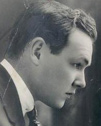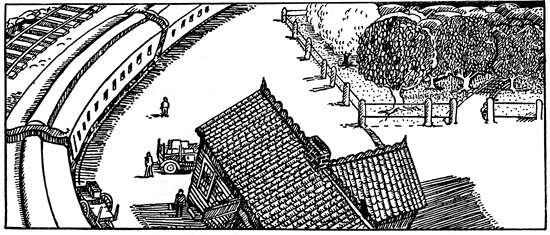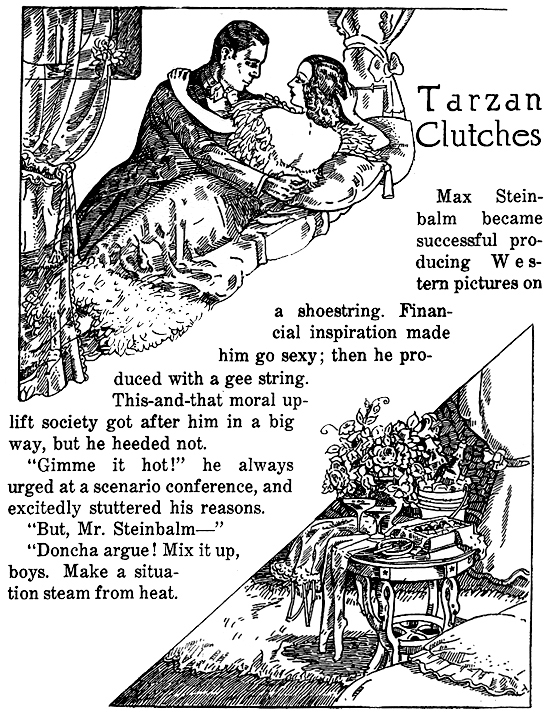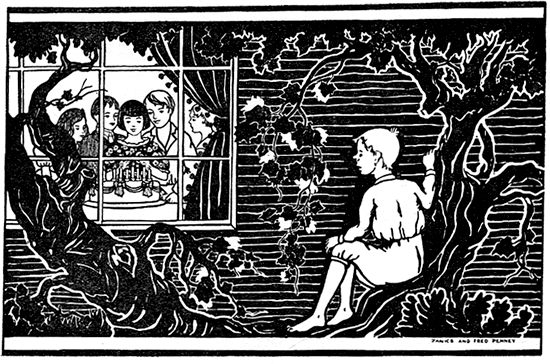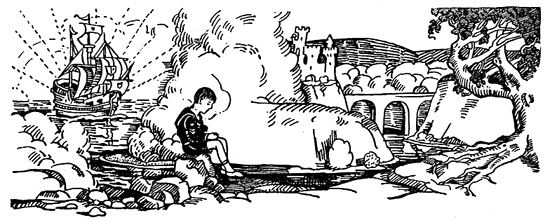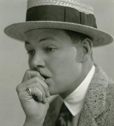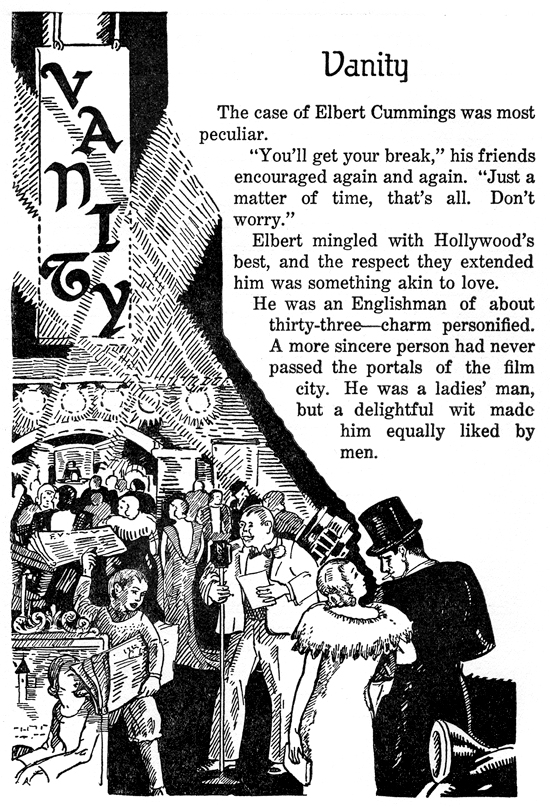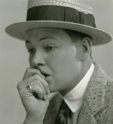 Charles Ray was a popular juvenile star in the 1910s and ’20s, but by the ’30s, his career was on the rocks, and he turned to writing. Here’s another in a series of offerings from his book, Hollywood Shorts, a collection of short stories set in Tinseltown.
Charles Ray was a popular juvenile star in the 1910s and ’20s, but by the ’30s, his career was on the rocks, and he turned to writing. Here’s another in a series of offerings from his book, Hollywood Shorts, a collection of short stories set in Tinseltown.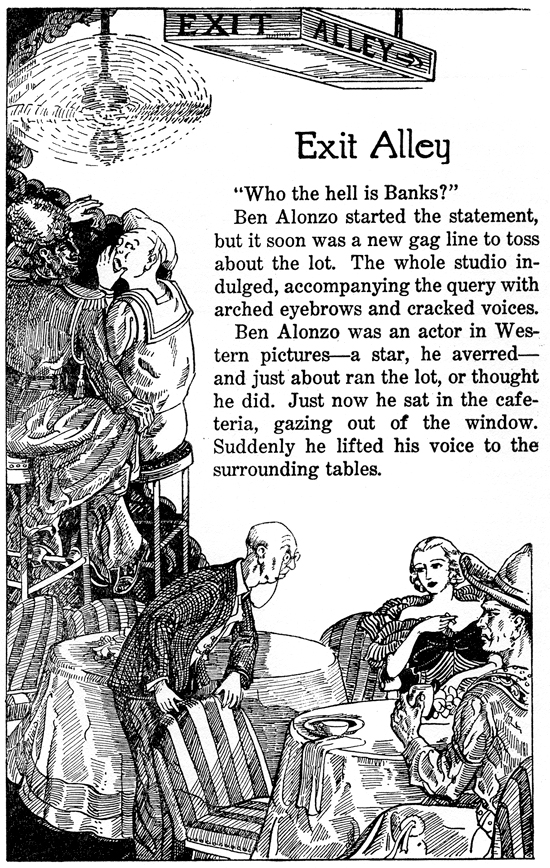
“Hey, fellas,” he urged, “here comes Dizzy! the rib is on! Give it to him plenty.” He nudged the extra girl by his side, explaining: “Watch for the fun! This guy’s a crazy lug. He looks like the monkey Darwin wrote about.”
“What’s it all about?” the girl in Fatima costume inquired.
“That’s right. You’ve been away on location too long to know. Well, there’s somethin’ amongst us. Get a load of the wizened bit of humanity that’s makin’ an entrance.”
It was a hot sultry day in July. The restaurant was the coolest spot which actors, managers, grips, electricians, gaffers, and cameramen could find. Whether finished with food or not, they selfishly lingered at the tables under the breeze of the electric fans.
Mr. Banks entered the cafe, remained by the cashier’s desk a moment while casting his eyes newfoundlandly about, imploring courtesy from any finished diner. His little stature of five foot two sagged in the middle, and his starched collar wilted with the moments as he moved his straw hat mechanicallyl before his face.
“There’ll be loads of laughs in a minute,” Ben Whispered to the Fatima girl. “It’s a riot to watch him every day at lunch time. He’s terribly nearsighted. When he spots a chair and goes for it, one of the gang sneaks over and sits in it.”
“What does he do?”
“Oh, he apologizes all over the place for his mistake, wipes his glasses, and tries again. Then we repeat on him. Sometimes he makes an exit to cover up his embarrassment.”

